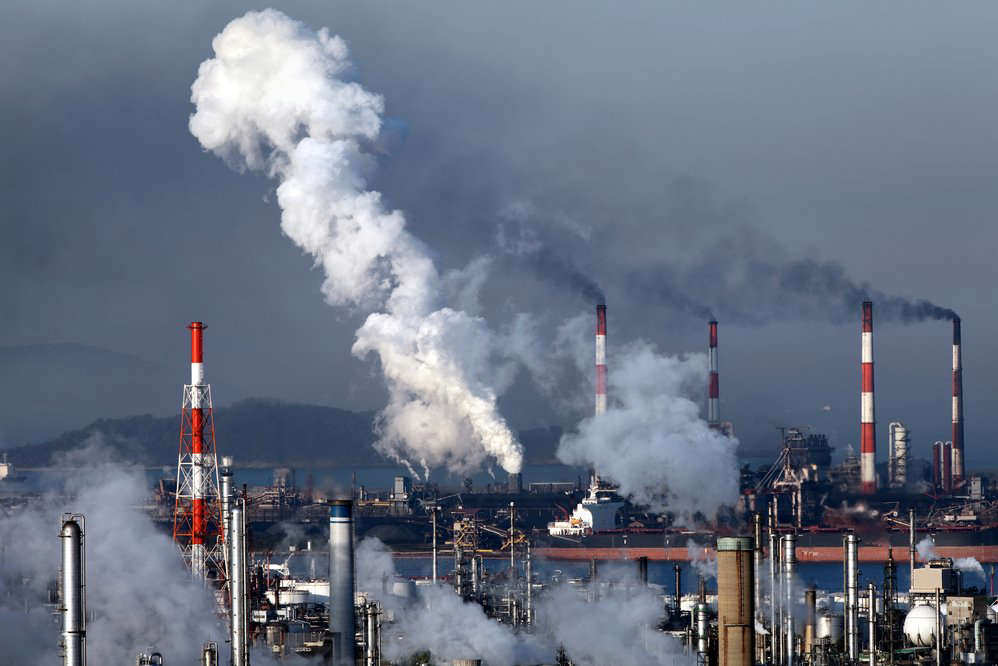11 Dec 2024

Tired Earth
By The Editorial Board

It would also save the country more than $600 billion annually, thanks to fewer pollution-related illnesses and deaths, the data published Monday by the journal GeoHealth showed.
About 70% of the benefits sustained by bringing air pollution levels to zero remain in the region in which this has been accomplished, the researchers said.
The findings suggest that shifting to clean energy sources would potentially benefit public health while also helping to mitigate the effects of climate change, they said.
"Transitioning away from fossil fuels and toward cleaner sources of energy production can produce health benefits from improved air quality in the near-term while also providing climate benefits in the longer term," study co-author Dr. Jonathan Patz told UPI in an email.
"My hope is that our research findings might spur decision-makers grappling with the necessary move away from fossil fuels, to shift their thinking from burdens to benefits," said Patz, who is director of the Global Health Institute at the University of Wisconsin in Madison.
The findings are based on the removal of fine particulate matter, or PM2.5, which is a mixture of microscopic solid substances and liquid droplets found in the air, including dust, dirt, soot and smoke, according to the Environmental Protection Agency.
These pollutants are generated by electricity generation, transportation, industrial activities and building functions such heating and cooking, all of which rely on burning fossil fuels, including coal, oil and natural gas, Patz and his colleagues said.
The researchers derived their estimates from national data on emissions, chemical processes, weather patterns and population health, using a tool developed by the EPA that can predict air pollution at the county level, they said.
Previous studies have linked air pollution in cities with 1.8 million deaths globally each year.
Exposure to high levels of air pollution may increase a person's risk for heart and lung diseases as well as dementia and arthritis, research suggests.
About 99% of the worldwide population live in regions with poor air quality, according to the World Health Organization.
Based on the estimates from this study, complete removal of PM2.5 pollutants would save about 53,200 lives and $608 billion in healthcare costs and loss of life annually, the data showed.
"Decarbonizing the U.S. energy system would provide enormous health benefits from improved air quality," study co-author Nick Mailloux told UPI in an email.
"There are clear pathways to a nearly emission-free electricity sector, for example, but emissions from other sources such as aviation will be harder to abate," said Mailloux, a graduate student at the Center for Sustainability and the Global Environment at the University of Wisconsin.
Source : msn.com
Comment